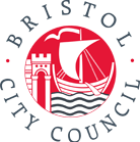Project aims to improve treatment of childhood eczema
A group of researchers led by the University of Bristol have received funding for a project that aims to improve the management and treatment of childhood eczema, a common condition that can have a significant impact on quality of life.






